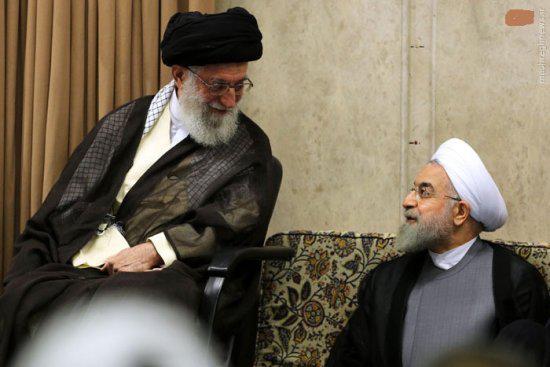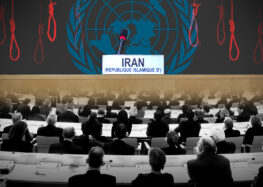State-Owned Telecommunications Company Has Yet to Comply With Judicial Order to Block Telegram

President Rouhani Claims Supreme Leader Ordered Ban on Messaging App Used by 40 Million
Investigations by the Center for Human Rights in Iran (CHRI) show that Iran’s Telecommunications Infrastructure Company (TIC), which operates under President Hassan Rouhani’s Telecommunications Ministry, has yet to comply with a prosecutor’s order to block the Telegram messaging app.
Iranians are nevertheless still experiencing difficulties accessing the app because mobile phone and internet service providers (ISPs), which were also told to block the app, have complied with the order.
The TIC is the sole provider of telecommunications infrastructure to all private and public operators in Iran and does not directly provide services to users. Telegram’s voice call service was blocked by the TIC in April 2017 and has remained inaccessible for more than a year.
Despite being legally able to do so, President Rouhani has refused to directly challenge the judicial ban, opting instead to indirectly inform the Iranian people that the ban was ordered by hardline Supreme Leader Ali Khamenei.
“This government has not and will not block any social media network or messenger,” said Rouhani in an Instagram post on May 4.
Referring to a well-known speech by Khamenei, he added: “If a decision has been made by the highest level of state to restrict or block people’s communications, the people, who are the real owners of this country, should be informed “#WeHaveNoSecrets, #TopDownRuling.”
In April 2015, Khamenei said “we have no secrets” while discussing Iran’s nuclear program. Iranians have widely interpreted Rouhani’s usage of the “WeHaveNoSecrets” hashtag as him indirectly stating that it was Khamenei who told the prosecutor to order the ban.
Since the launch of Iran’s state-controlled National Information Network (NIN), which gives the government newly expanded abilities to control Iranians’ access to the internet and monitor online communications, the state’s system for blocking online content has become decentralized.
Previously, content could only be blocked by the TIC. But since the launch of NIN, all Iranian ISPs and mobile operators have the same capability.
The order to block Telegram came after months of unsuccessful pressure on the company by the Iranian Judiciary and state officials to move its servers to Iran and comply with Iranian censorship policies.
Hardliners’ hostility to Telegram also increased after the messaging app was used by many of the protestors during the unrest that broke out across Iran in December 2017 to spread word of the street gatherings.
The move also reflects a desire by hardliners to demonstrate their domestic dominance—and Rouhani’s powerlessness to stop the bans on social media that he publicly states he opposes.
Despite experiencing serious interruptions, many Iranians have been able to access the app with online circumvention tools such as virtual private networks that enable users to mask their location and identity, thereby preventing state censors from detecting them.
Reacting to the ban, prominent Iranian human rights advocate Emadeddin Baghi tweeted on May 4, “Despite the all-out war on Telegram and the migration of state agencies from this network, its subscribers have increased in a kind of reverse migration. Even my own limited number of quality followers has gone up.”
“Citizens want their freedom to be protected but I don’t know why the domestic messengers loyal to the state won’t stop going after Telegram,” he added.
Iranian user Amir Seyedin, a member of the International Federation of Journalists, tweeted on May 3: “When WeChat was blocked, everyone went over to Viber. When Viber was blocked, everyone joined Telegram. But when Telegram was blocked, no one went away. Everyone installed circumvention tools and continued to use it. Don’t forget: The same strategy will not work every time!”






